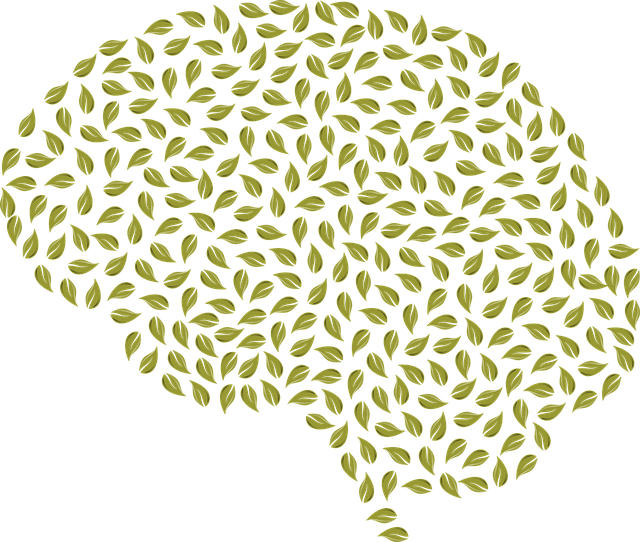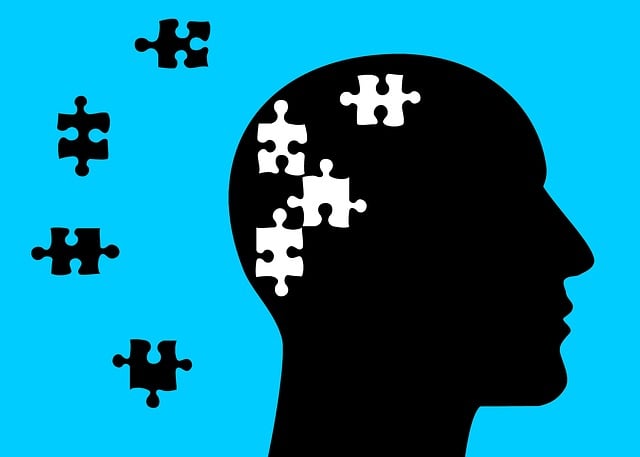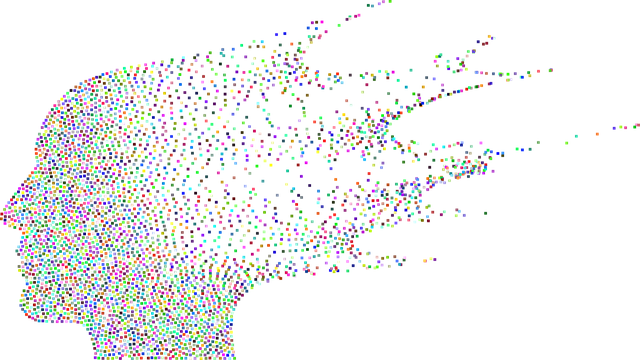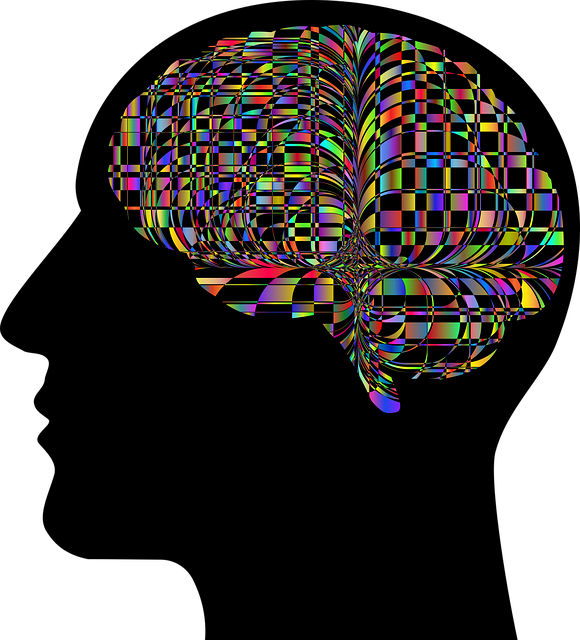Cultural competency is crucial in healthcare, especially for delivering effective therapy to adolescents and teens, focusing on depression prevention. Understanding diverse cultures fosters trust and tailored care, improving treatment outcomes. Biases among providers can negatively impact patient care, so awareness and empathy are essential. Specialized training should go beyond surface knowledge, incorporating interactive activities and role-playing to enhance communication and cultural sensitivity. Successful programs reduce provider burnout, improve emotional intelligence, and lead to better patient interactions and outcomes in diverse populations, like adolescents and teens.
In today’s diverse healthcare landscape, cultural competency training for providers is more crucial than ever. Effective therapy requires understanding the unique cultural contexts of adolescent and teen patients, who often face challenges related to identity formation, community influences, and systemic biases. This article explores strategies to enhance cultural sensitivity, focusing on training programs, practical approaches in diverse settings, and evaluation methods to ensure successful outcomes for young patients. By addressing cultural competency, healthcare providers can offer more inclusive and effective therapy.
- Understanding Cultural Competency in Healthcare: A Necessity for Effective Therapy
- The Impact of Cultural Biases on Adolescent and Teen Patients
- Designing Training Programs to Enhance Cultural Sensitivity
- Practical Strategies for Healthcare Providers in Diverse Settings
- Measuring Success: Evaluating the Effectiveness of Cultural Competency Training
Understanding Cultural Competency in Healthcare: A Necessity for Effective Therapy

In the realm of healthcare, cultural competency is no longer a choice but a necessity. It involves understanding and respecting diverse cultures, beliefs, and values to deliver effective therapy, especially for adolescents and teens facing complex issues like depression prevention. When healthcare providers are culturally competent, they create an environment where patients feel seen, heard, and understood, fostering trust and openness crucial for successful treatment outcomes.
This training equips professionals with the skills to navigate the intricate web of cultural differences, enabling them to provide tailored care. By acknowledging and addressing these disparities, especially in a bustling society with diverse populations, therapists can enhance self-esteem improvement and overall well-being. Effective therapy is not one-size-fits-all; it requires an empathetic approach that acknowledges the unique cultural context of each patient.
The Impact of Cultural Biases on Adolescent and Teen Patients

Cultural biases held by healthcare providers can significantly impact the care and treatment received by adolescent and teen patients. These biases, often unconscious, may lead to misdiagnoses or inadequate treatment plans. For instance, a provider’s assumption about a teenager’s behavior or emotional state based on their cultural background could result in overlooked symptoms of underlying issues such as depression or trauma. This is particularly concerning given the high prevalence of mental health challenges among adolescents today.
Inaccurate perception can hinder the therapeutic process, affecting the effectiveness of therapy for adolescent and teen patients. It is crucial for healthcare providers to be aware of their own cultural biases and strive for understanding and sensitivity when interacting with young patients from diverse backgrounds. This involves actively listening to patients’ narratives, validating their experiences, and incorporating relevant cultural contexts into the provision of care, including trauma support services and emotional healing processes. Such approaches promote coping skills development in adolescents and ensure more holistic and personalized treatment.
Designing Training Programs to Enhance Cultural Sensitivity

Effective cultural competency training for healthcare providers should go beyond superficial knowledge and focus on fostering genuine understanding and empathy. Designing programs that cater to diverse populations, such as adolescents and teens from various ethnic, cultural, and socioeconomic backgrounds, is crucial. This involves incorporating interactive activities, case studies, and role-playing scenarios into the training curriculum. By engaging participants in these exercises, they can better navigate complex communication dynamics and provide tailored therapy for adolescent and teen patients.
Social skills training, confidence boosting exercises, and empathy building strategies should be integral components of these programs. Participants must learn to recognize and appreciate individual differences, adapt their communication styles accordingly, and create a safe, non-judgmental space for patients to express themselves. Through continuous practice and reflection, healthcare providers can enhance their cultural sensitivity, thereby improving patient outcomes and fostering stronger therapeutic relationships, especially when working with marginalized or under-served communities.
Practical Strategies for Healthcare Providers in Diverse Settings

In diverse healthcare settings, providing culturally competent care requires a combination of self-awareness exercises and a deep understanding of the communities served. Healthcare providers can start by actively listening to and incorporating patient narratives into their practice. This involves learning about different cultural beliefs related to health and healing, including traditional practices that may coexist with or differ from Western medical approaches. For instance, when working with adolescent and teen populations, therapists should be prepared to discuss mental health concerns within the context of family dynamics, community influences, and cultural norms unique to each patient’s background.
Practical strategies include participating in ongoing training on cultural competency, engaging in regular self-awareness exercises to identify personal biases, and staying updated on relevant Mental Health Policy Analysis and Advocacy. Additionally, integrating Trauma Support Services can be transformative, as many patients bring their traumatic experiences into the therapeutic space. By adopting these approaches, healthcare providers can create a safe environment, build trust, and deliver more personalized therapy for adolescent and teen clients from diverse backgrounds.
Measuring Success: Evaluating the Effectiveness of Cultural Competency Training

Measuring success in cultural competency training for healthcare providers is a multifaceted process that goes beyond mere knowledge retention. It involves evaluating how well the training translates into improved patient interactions and outcomes, particularly within specific populations such as adolescents and teens. This includes assessing changes in attitudes, behaviors, and communication skills that enhance care delivery to diverse communities.
Effective training programs should demonstrate tangible results in burnout prevention among healthcare providers, thereby fostering a more supportive and resilient work environment. Furthermore, they should promote emotional intelligence and self-esteem improvement, enabling professionals to better connect with patients from different cultural backgrounds. Through regular assessments and feedback mechanisms, training effectiveness can be continuously gauged and adjusted to meet the evolving needs of both healthcare providers and the communities they serve.
Cultural competency training is a transformative tool for healthcare providers, particularly when treating adolescent and teen patients from diverse backgrounds. By addressing implicit biases and enhancing cultural sensitivity, these programs ensure that every patient receives effective therapy tailored to their unique needs. Integrating practical strategies into clinical settings fosters an inclusive environment, leading to improved health outcomes and stronger patient-provider relationships. This approach is vital in today’s diverse communities, ensuring that healthcare remains accessible and responsive to all.














